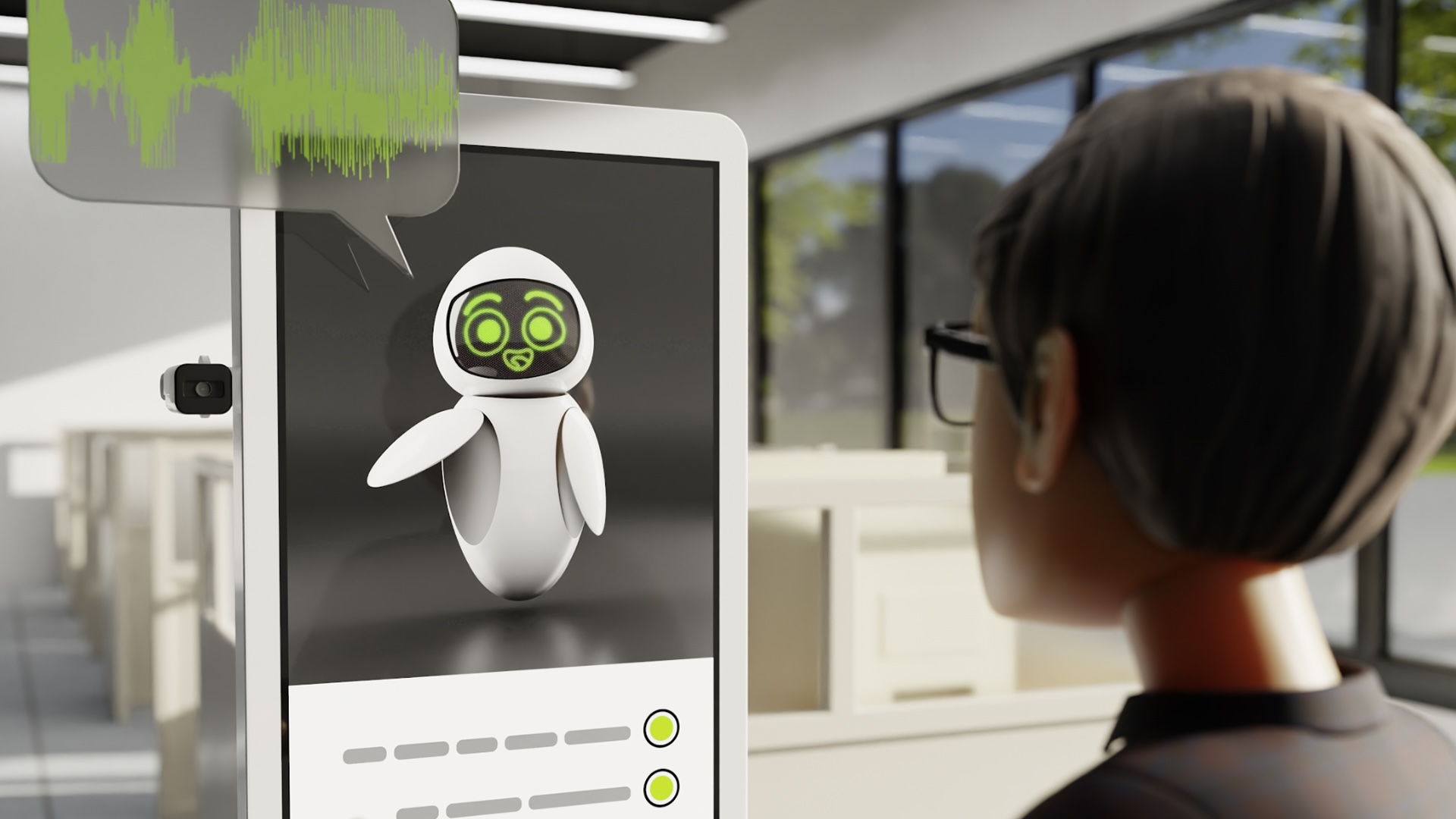
Text-to-Speech (TTS) technology has become a game-changer in how we interact with digital content. But what exactly is TTS? In simple terms, TTS converts written text into spoken words. This tech isn't just for those with visual impairments; it's useful for anyone who wants to multitask or prefers listening over reading. Imagine having your emails read aloud while you cook or listening to articles during a workout. TTS can even help with language learning by providing correct pronunciations. From virtual assistants like Siri and Alexa to educational tools, TTS is everywhere. Curious about more? Let's dive into 35 fascinating facts about TTS!
What is Text-to-Speech (TTS)?
Text-to-Speech (TTS) technology converts written text into spoken words. It's a fascinating blend of linguistics, computer science, and audio engineering. Here are some intriguing facts about TTS that might surprise you.
-
TTS technology dates back to the 1930s. The first known attempt was the "Voder" by Bell Labs, which could generate speech sounds.
-
Modern TTS systems use deep learning algorithms to produce more natural-sounding voices.
-
TTS can be found in various applications, from GPS navigation systems to virtual assistants like Siri and Alexa.
-
TTS helps people with visual impairments by reading out text on screens.
-
The technology is also used in language learning apps to help users with pronunciation.
-
Some TTS systems can mimic different accents and dialects, making them versatile for global use.
How Does TTS Work?
Understanding the mechanics behind TTS can make you appreciate its complexity. Here's a breakdown of how it functions.
-
TTS systems first analyze the text to understand its structure and meaning.
-
They then convert the text into phonetic transcriptions, which represent how the words should sound.
-
These phonetic transcriptions are then synthesized into speech using pre-recorded voice samples or generated sounds.
-
Advanced TTS systems use prosody models to add natural intonations and rhythms to the speech.
-
Some TTS engines can even recognize and pronounce proper nouns correctly, thanks to machine learning.
-
The quality of TTS voices has improved dramatically, making them almost indistinguishable from human voices.
Benefits of TTS
TTS technology offers numerous advantages across different fields. Here are some key benefits.
-
TTS can make digital content accessible to people with reading difficulties, such as dyslexia.
-
It can also assist elderly individuals who may struggle with small text on screens.
-
Businesses use TTS for automated customer service, reducing the need for human operators.
-
TTS can enhance e-learning platforms by providing audio versions of text-based content.
-
It can also be used in public announcements, ensuring clear and consistent communication.
-
TTS technology can help in creating audiobooks, making literature accessible to a broader audience.
Challenges in TTS
Despite its benefits, TTS technology faces several challenges. Here are some of the hurdles it needs to overcome.
-
Achieving natural-sounding speech remains a significant challenge, especially for complex sentences.
-
Accurately pronouncing names and technical terms can be difficult for TTS systems.
-
Emotional expression in TTS is still in its infancy, making it hard to convey feelings through synthetic voices.
-
Background noise can affect the clarity of TTS output, especially in noisy environments.
-
The technology requires significant computational power, which can be a limitation for mobile devices.
-
Ensuring privacy and security in TTS applications is crucial, especially when dealing with sensitive information.
Future of TTS
The future of TTS looks promising, with ongoing advancements making it more efficient and versatile. Here are some exciting developments to look forward to.
-
Researchers are working on making TTS voices more expressive, capable of conveying emotions.
-
Integration with artificial intelligence will make TTS systems smarter and more context-aware.
-
Multilingual TTS systems are being developed to cater to a global audience.
-
Real-time TTS translation could break down language barriers in international communication.
-
TTS technology is expected to become more personalized, adapting to individual user preferences.
-
The use of neural networks in TTS is set to revolutionize the quality and naturalness of synthetic speech.
Fun Facts About TTS
TTS isn't just about utility; it has some fun and quirky aspects too. Here are some light-hearted facts.
-
Some TTS systems can sing, thanks to advanced pitch and tone control.
-
You can find TTS voices that mimic famous personalities, adding a fun twist to the technology.
-
TTS is used in video games to create dynamic dialogues and character interactions.
-
There are TTS applications that can read out emojis, making text messages more expressive.
-
Some TTS systems can even generate different speaking styles, from formal to casual, depending on the context.
The Future of Text-to-Speech
Text-to-Speech (TTS) technology has come a long way. From helping those with disabilities to making our daily lives more convenient, TTS is everywhere. It's in our smartphones, cars, and even home assistants. The advancements in natural-sounding voices and language support make it more accessible and user-friendly.
Businesses are also leveraging TTS for customer service, e-learning, and content creation. This tech isn't just a novelty; it's becoming a necessity. As AI continues to evolve, expect TTS to get even better, offering more personalized and engaging experiences.
So, whether you're using it for work, study, or just for fun, TTS is here to stay. Keep an eye out for new features and improvements. The future of TTS is bright, and it's only going to get better from here.
Was this page helpful?
Our commitment to delivering trustworthy and engaging content is at the heart of what we do. Each fact on our site is contributed by real users like you, bringing a wealth of diverse insights and information. To ensure the highest standards of accuracy and reliability, our dedicated editors meticulously review each submission. This process guarantees that the facts we share are not only fascinating but also credible. Trust in our commitment to quality and authenticity as you explore and learn with us.
